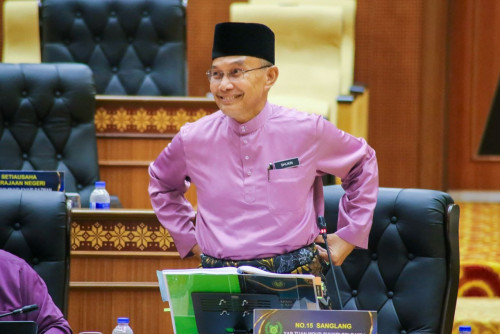DANGEROUS potholes, water shortages, floods and the rising cost of living. The list of headaches seems endless.
Yet, for some Sabah lawmakers, becoming turncoats could make these problems go away.
Once again, elected representatives have switched parties – an act that is still not illegal in Sabah despite anti-hopping laws already being in place at the federal level.
In Sabah, party-hopping is well-rewarded. A state lawmaker who leaps to another party can be made a state minister, given an important position, be appointed to head state government-linked firms, and earn a big salary.
Why not hop? Why not do so, especially when seven months ago, the Sabah assembly passed a bill to raise the salaries of assemblymen, state ministers, assistant ministers, speaker, deputy speaker, and even political secretaries?
The justification: these salary hikes will allow elected representatives to serve their constituents better.
Are constituents better off?
Sabah has a history of party-hopping among its state lawmakers, which can be traced back to earlier decades.
But even as voters grow more aware and increasingly outspoken about the state’s underdevelopment and lack of basic needs, thanks to social media, politicians remain undeterred, as shown by recent rounds of party-hopping.
Their actions make elections seem pointless and voting a futile exercise, if it is thought that choosing a government can bring about changes and improvements.
In 2020, the Sabah government collapsed prematurely, which led to state elections on September 26 that year. Sabah ushered in a new government.
Since then, it has been 885 days and a total of 11 lawmakers have switched allegiances during that time.
Meanwhile, Sabah’s roads, which locals call “jalan bulan” to mean that they are as potholed as the surface of the moon, have not improved.
Even Kinabatangan MP Datuk Seri Bung Moktar Radin, a former state public works minister, acknowledged the problem, as he had the experience of a burst tyre after his vehicle hit one of many potholes.
While Bung Moktar is lucky enough to have money to buy a new tyre, those earning minimum pay do not.
Earlier this month, eight assemblymen switched support to the newly formed party, Parti Gagasan Rakyat Sabah, which Sabah Chief Minister Datuk Seri Hajiji Noor now leads.
Five of them were from Umno and three were formerly Warisan leaders.
Also, changing support again was Parti Kesejahteraan Demokratik Masyarakat (KDM), which switched sides three times since coming into the political scene in Sabah last year.
First, KDM applied to join the ruling Gabungan Rakyat Sabah (GRS) coalition as a component party, then they went against the bloc in early January, and now have decided to support GRS again.
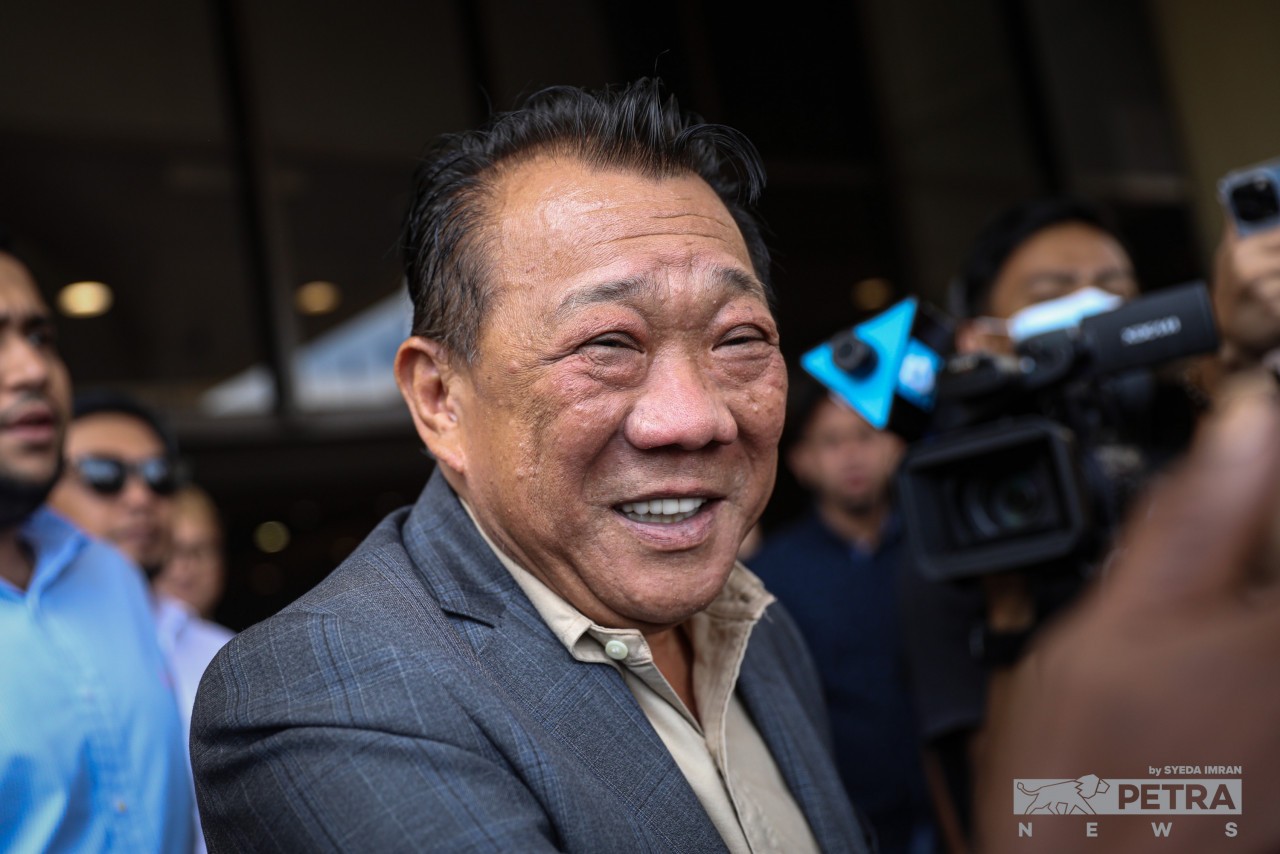
What really matters
While these movements make the news, they quickly fade from becoming the talk of the town when Sabahans face the reality of their daily lives.
On social media the next day, after news of politicians switching sides, the traffic jam in Sepanggar was all anyone cared about.
Thousands were caught in a severe traffic crawl along the Federal and State Administrative Complexes road stretch along Jalan UMS. Roadworks in this area are endless.
“I have been on the road since 7.30am and now it's already 9.15am. I was late for work. Called police, and they said six phone calls have been made to help with the traffic congestion,” a friend told me via WhatsApp.
Then last week, the cost of a roti canai kosong hit RM2.
After eating roti canai at an Indian-Muslim shop in town in KK Times Square, the restaurant manager told me roti canai is now RM2 and a cold drink is RM3.
Before the Covid-19 pandemic, roti canai was RM1.20 and an iced beverage was RM2.50.
“A 25-kg sack of flour went up in price two weeks ago from RM45 to RM72,” said the manager, who asked to be identified as Ali.
What happened? Why are prices so high when Sabah is on record as one of the states with the highest number of poor people and unemployed?
Sabah is not a poor state. It is the people who are poor. They are not sure where the wealth from the state’s resources had gone to.
For all its resources, water rationing and shortages are common.
For instance, water is being rationed to the folks in the Country Heights Apartment in Penampang almost each week. The building’s management corporation says the problem lies with the Sabah Water Department.
The water treatment plant is only 7km away from the residential area, but somehow there is not enough water pressure, or maintenance work at the plant is hampering supply.
Yet, the Babagon Dam, which is the main water source for many parts of Sabah’s west coast areas, is just 15km away from the neighbourhood.
The absurdity doesn’t end here. There is no consistent water supply, but there were so many instances of flooding last year that it has been hard to keep count. Just last month, 13,000 people were displaced in floods throughout Sabah.
So much water, and only a trickle in the taps. Yet, another dam is on the agenda. In addition to the Penampang Dam, there will soon be the Papar Dam.
Credit, however, must be given where it’s due: the Sabah government has made advances on the issue of state rights, and has also generated RM6 billion in revenue last year.
Congratulations, too, on getting the increase in Sabah’s annual special grant, and on all the oil and agreement deals arising from the signing of the commercial collaboration agreement with Petronas.
These glorious headlines aside, the party-hopping politicians who claim their actions bring stability cannot make the daily problems Sabahans face go away. – The Vibes, February 28, 2023
Jason Santos is The Vibes’ Sabah bureau head



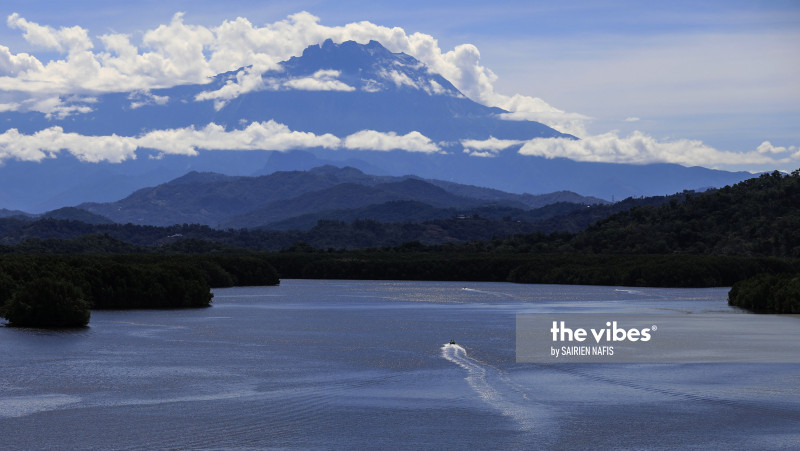


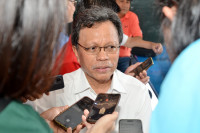








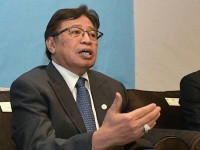
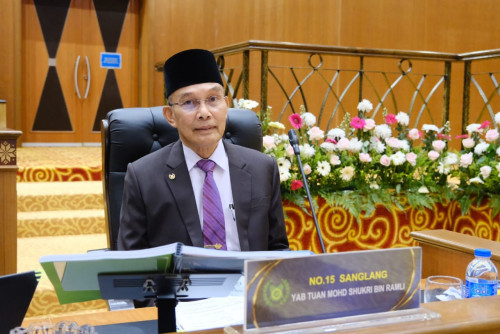
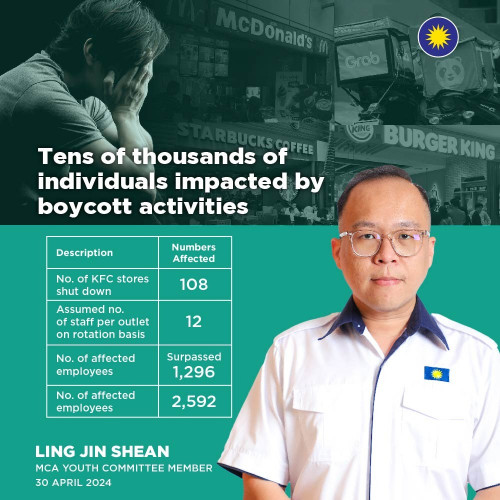

.jpg)

